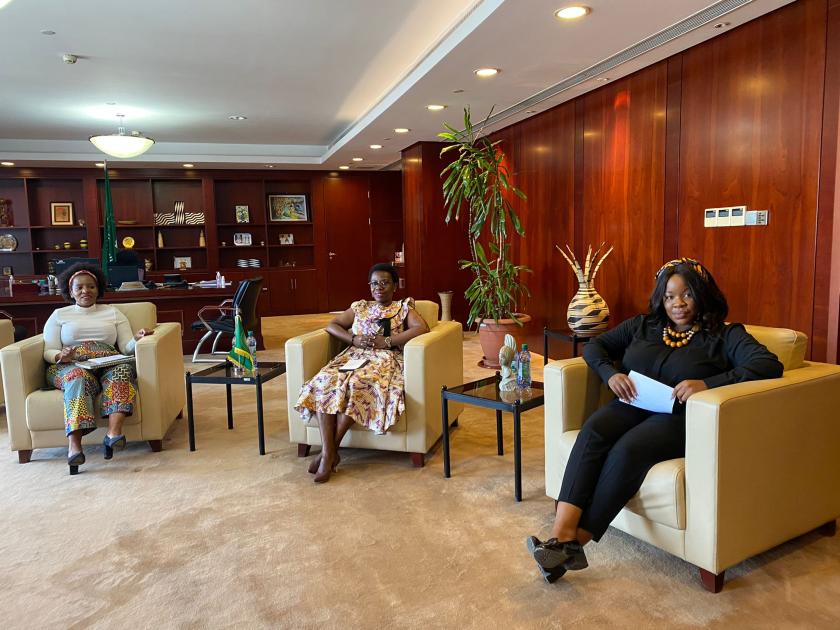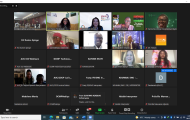Department Resources
August 31, 2024
Your Excellencies,
August 25, 2024
-
Your Excellency Yoko KAMIKAWA, Minister of Foreign Affairs of Japan;
September 19, 2020
The African Union Commission (AUC) envisions “an integrated continent that is politically united based on the ideals of Pan Africanism an
June 24, 2020
Highlights of the cooperation with the GIZ-project “Support to the African Union on Migration and Displacement”
June 24, 2020
Violent extremism is a global issue.
November 01, 2024
February 10, 2022
Agenda 2063 is Africa’s development blueprint to achieve inclusive and sustainable socio-economic development over a 50-year period.
November 06, 2024
In a world where every click, every share, and every tweet can broadcast one’s thoughts to a global audience, the digital realm has becom





